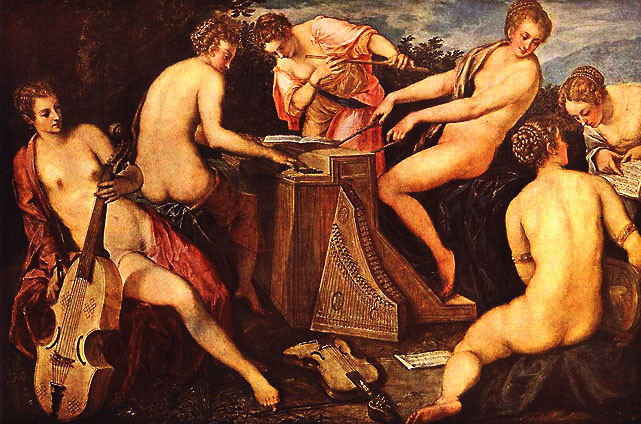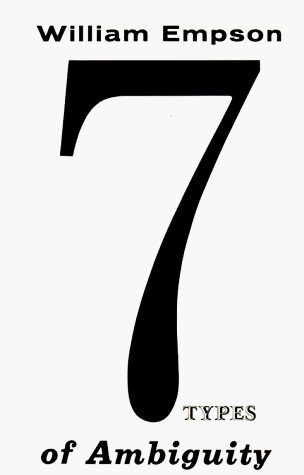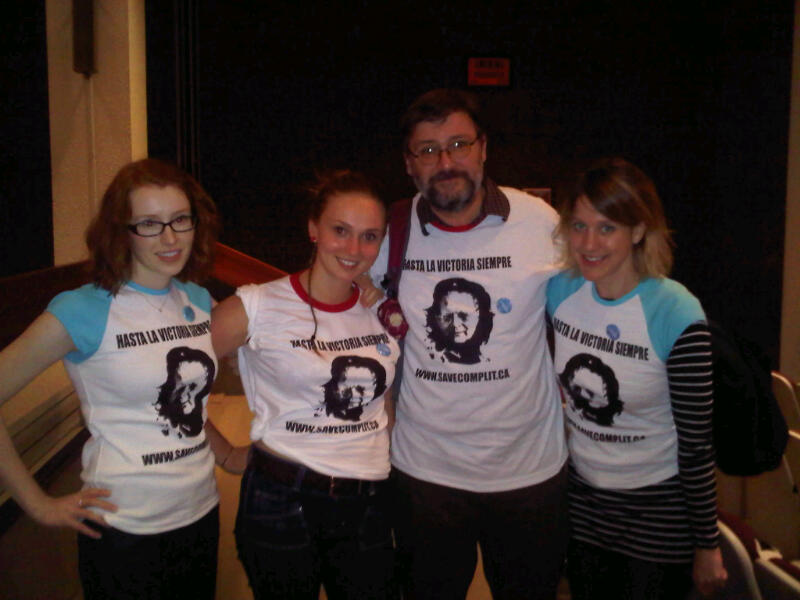httpv://www.youtube.com/watch?v=GExwDoQEpbc
The closing moments of Shakespeare’s Richard II: the death of Richard and rebellion against the new king, Henry IV
On this date in 1399 Henry Bolingbroke became Henry IV of England after deposing Richard II.
Frye on Shakespeare’s Richard II and 1 Henry IV:
Richard II was, we said, written entirely in verse, the reason being that the action is centred on what is practically a ritual, or inverted ritual: the deposing of a lawful king and the crowning of the successor who has forced him out. At the beginning of Henry IV, the hangover has set in. Bolingbroke, realizing that there is nothing worse for a country than a civil war, has determined at the outset to get started on a crusade. The idea, we said, was partly that God would forgive anyone anything, even the deposing of an anointed kind, if he went on a crusade. But even more, an external enemy unites a country instead of dividing it. Shortly before his death, Henry IV tells Prince Henry that when he becomes king he should make every effort to get a foreign war started, so that the nobles will be interested in killing foreigners instead of intriguing against each other and the king — advice Prince Henry is not slow to act on. But at this point the new king’s authority is not well enough established for a foreign war, much less a crusade. Henry finds that there are revolts against him in Scotland and Wales, and that many of the lords who backed him against Richard II are conspiring against him now. So Henry IV contains a great deal of prose, because this play is taking a much broader survey of English society, and showing the general slump in morale of a country whose chain of command has so many weak links. Falstaff speaks very early of “old father antic the law,” and both the Eastcheap group and the carriers and ostlers in the curious scene at the beginning of the second act illustrate that conspiracy, at all levels, is now in fashion. (On Shakespeare, 69-70)





